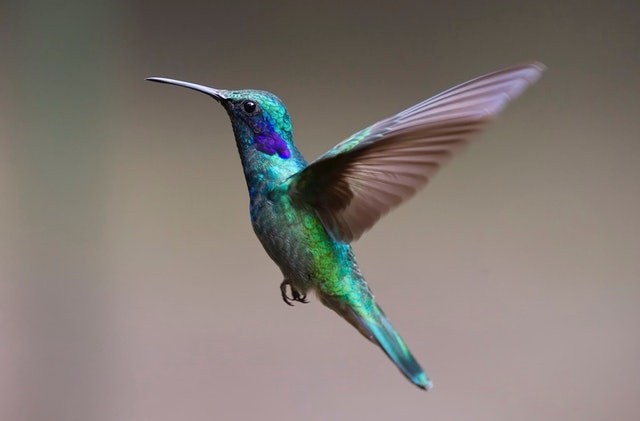Male songbirds normally discover their tunes from grown-up mentors. But when striving crooners lack adequate role models, they strike all the bad notes-and have limited success luring mates.
Ecologist Ross Crates, for five years, has traced the singing potential and breeding achievement of seriously endangered regent honeyeaters. These distinct yellow and black birds were initially widespread in Australia, but the loss of habitat since the 1950s has reduced their population to just around 400 or 300 wild birds presently.

Honey-Eaters
Now they are scarcely distributed across the landscape, quite many fly solo. Whereas male birds created large winter flock once. That implies fewer honeyeater tutors are closeby during youthful birds' impressionable first year.
Ross, who is based at Australian National University said: "Song studying in several birds is a method like humans learning languages - they learn by listening to others. If you can't heed to other people, you don't understand what you should be learning."
The scientists discovered that a substantial fraction of male birds seem to be memorizing tunes solely from other species they came across.
Among other species around 12% of male regent honeyeaters end up creating mangled editions of songs commonly sung by the noisy black-faced cuckoo shrikes and friarbirds.
Females Averting Nesting
In several species, such as song mimicry, mockingbirds add flow to love songs. But the female regent honeyeaters aren't enticed. The unique male singers were less victorious in charming mates, the researchers discovered in a study released Tuesday in the Proceedings of the Royal Society B. journal.
"We believe the females are averting nesting and breeding with males that sing unconventional songs." That's disturbing, for a population already on the edge of extinction.
Georgetown University's conservation biologist Peter Marra, who was not included in the paper explained that this study indicates that the toll of a song language once the population attains a very tiny size could advance their decline. The detailed reason females stayed aloof was not certain.
Ontario Wilfrid Laurier University's behavioral ecologist Scott Ramsay, who was not included in the study explained that: "When male birds sing, it's similar to running an advertisement announcing, I'm right here, I'm X bird, so I'm Jake, and am eager in finding a mate."

The Unusual Singers
It might be that the female honeyeater aren't noticing these unusual singers as possible companions, and so they're not reaching out to them, Scott disclosed. Or it may be the strategy, but then things could go south if the males get the wrong courtship signals.
Mostly all male birds use some months in their first year practicing and improving the songs they'll rehearse for the rest of their lives. Many birds practice from their fathers, but regent honeyeaters vacate the nest before they know how to sing, so the males are compelled to locate other mentors.
Stony Brook University's ecologist Carl Safina, who was not included in the study explained that there's need to be conscious of the significance of conserving song culture in birds - it's likely to have a community that's still genetically viable, but isn't viable in terms of upholding cultural knowledge.
Several elements of what these birds desire to do to survive aren't natural, it has to be understood.
Related Article: Birds are Apparently Resilient to Heat Stress Due to Climate Change
For more news, updates about birds and similar topics don't forget to follow Nature World News!
© 2026 NatureWorldNews.com All rights reserved. Do not reproduce without permission.





